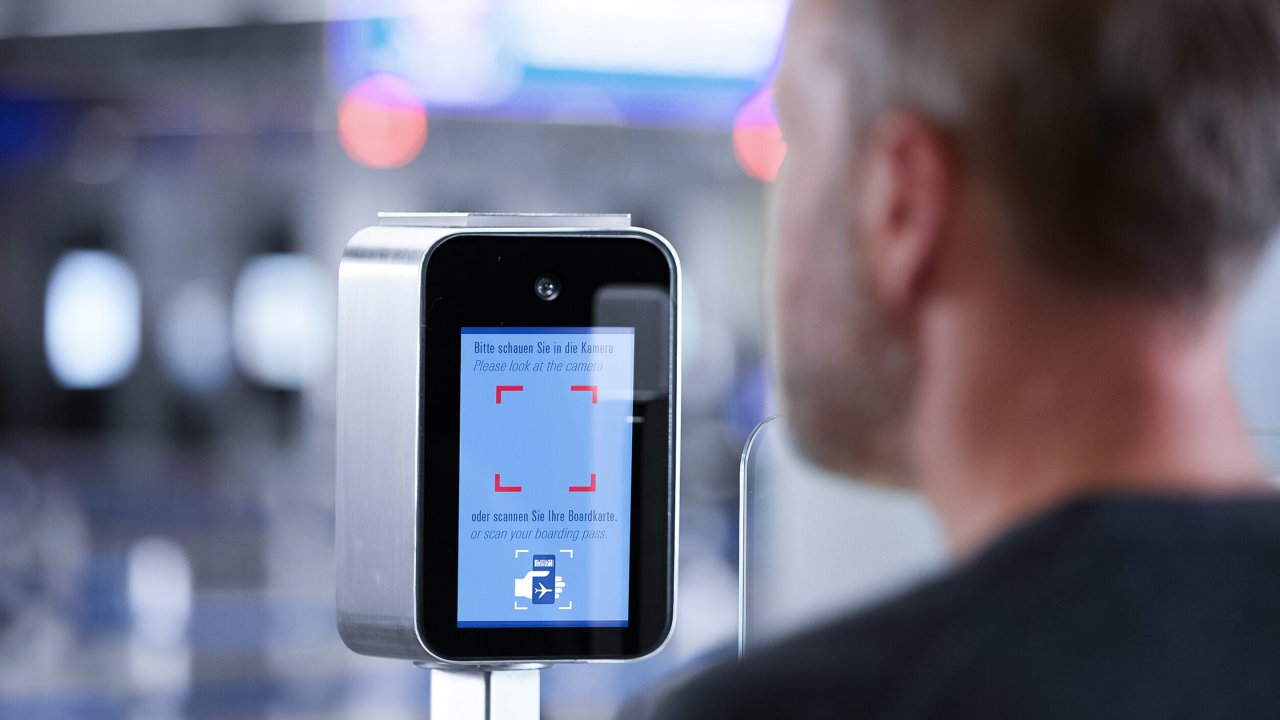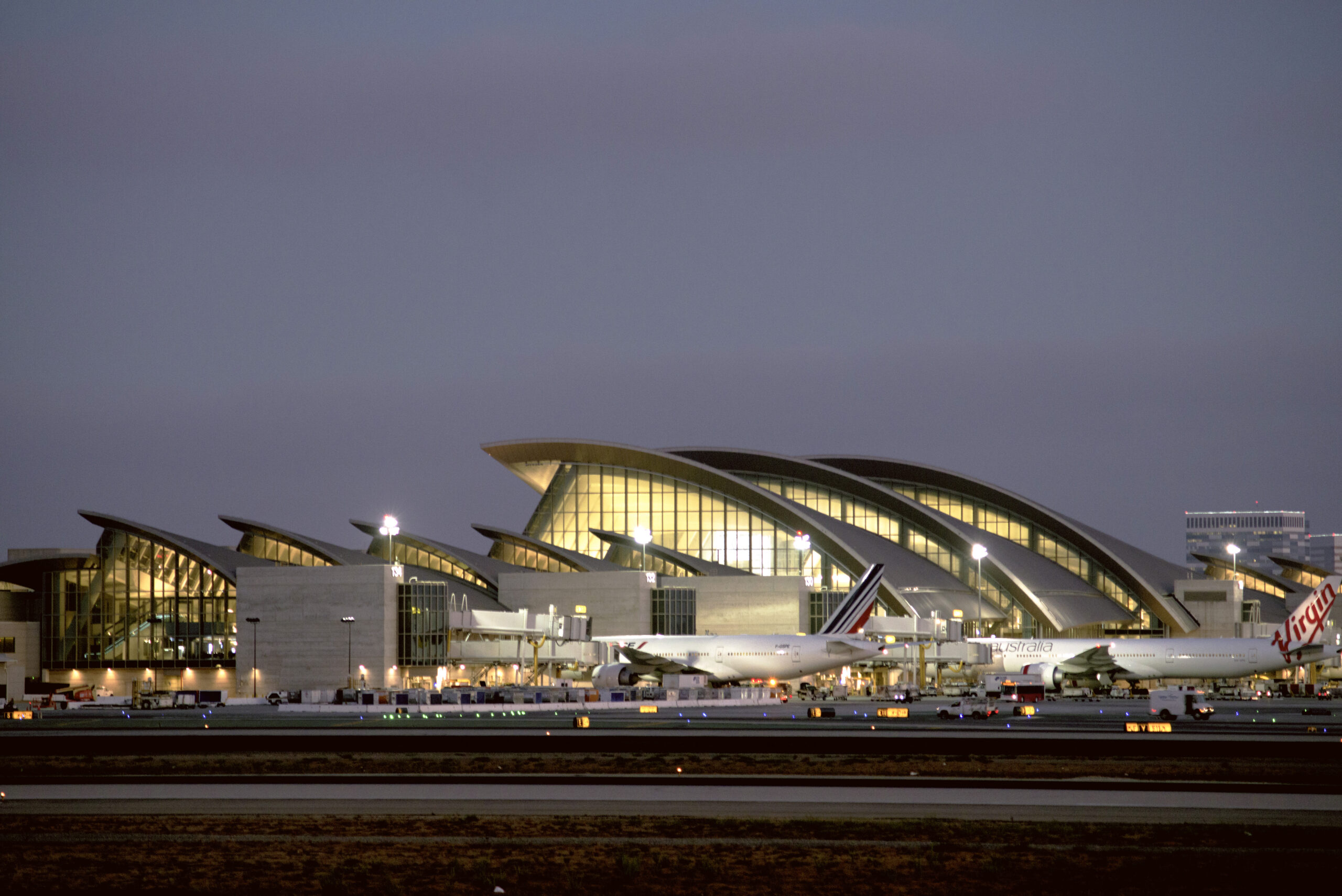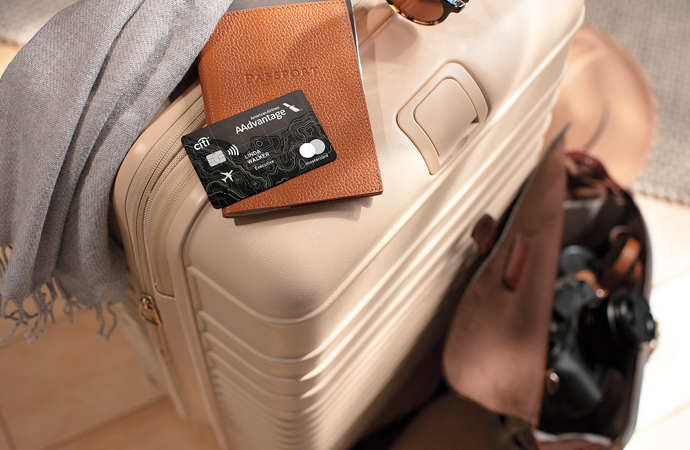Amsterdam Schiphol Unveils Plan to Ban Private Jets and Night Flights
The airport's initiative, which aims to cut noise pollution and carbon emissions, is likely to be challenged by KLM
by Fergus Cole
April 6, 2023
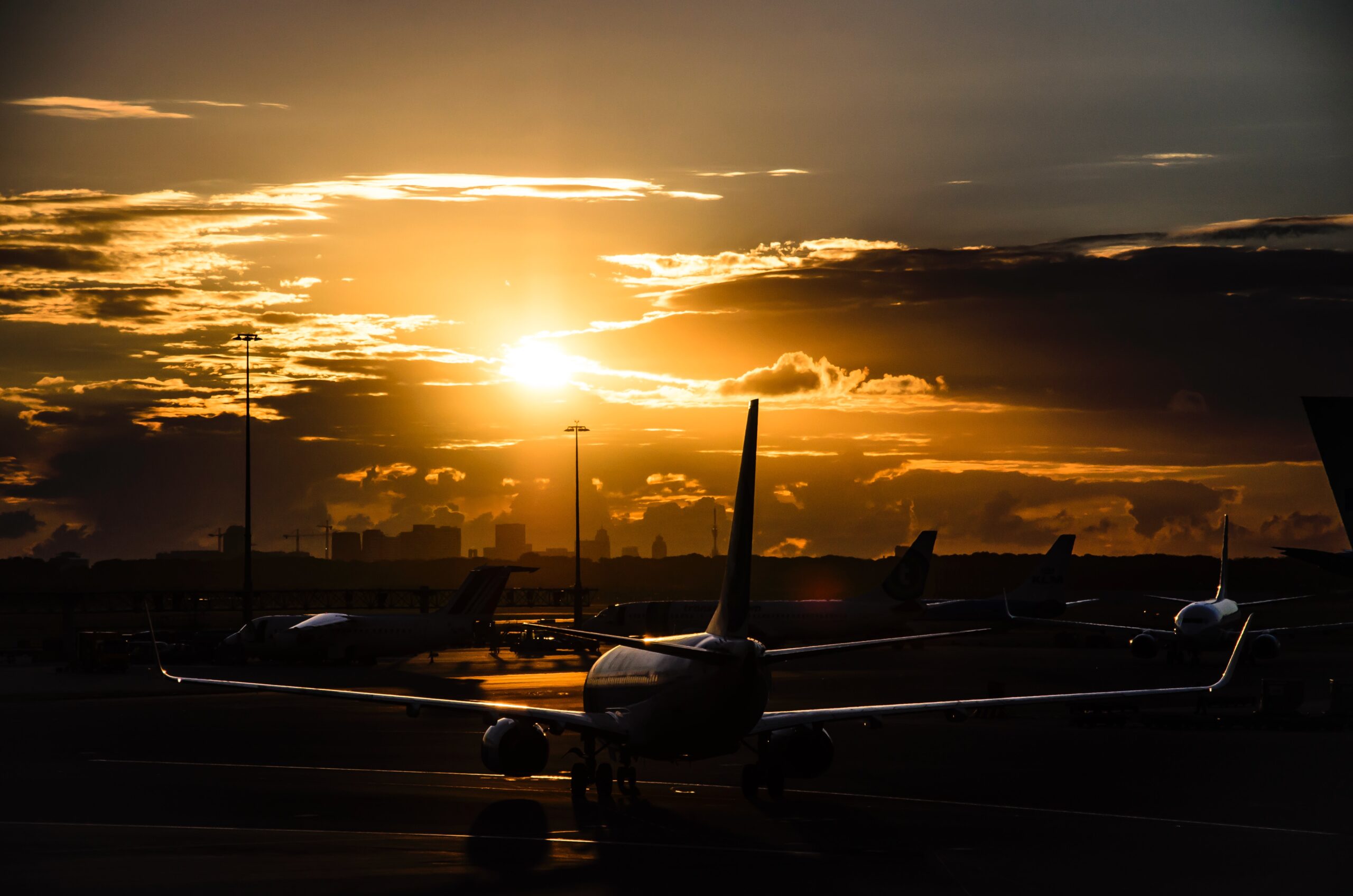
Photo: Amsterdam Schiphol. Courtesy of Ramon Kagie / Unsplash
Amsterdam Schiphol International Airport (AMS) has announced plans to ban private jets and night flights within the next few years to make the airport cleaner and quieter. The major European hub plans to begin enforcing the new rules over the next two years, with an official statement suggesting they will come into effect “no later than 2025-26”.
Under the proposals, no aircraft would be permitted to land between midnight and 5 a.m. local time, while no take-offs would be allowed between midnight and 6 a.m. Meanwhile, private jets would “no longer be welcome” at the airport should the proposals come into effect.
Amsterdam Schiphol said the proposals were part of its plans to significantly reduce air and noise pollution in the airport’s local area, claiming that private jets cause disproportionately high noise pollution and carbon emissions per passenger compared to commercial aircraft. According to the European Federation for Transport and Environment, private jets are up to 14 times more polluting than commercial jets.
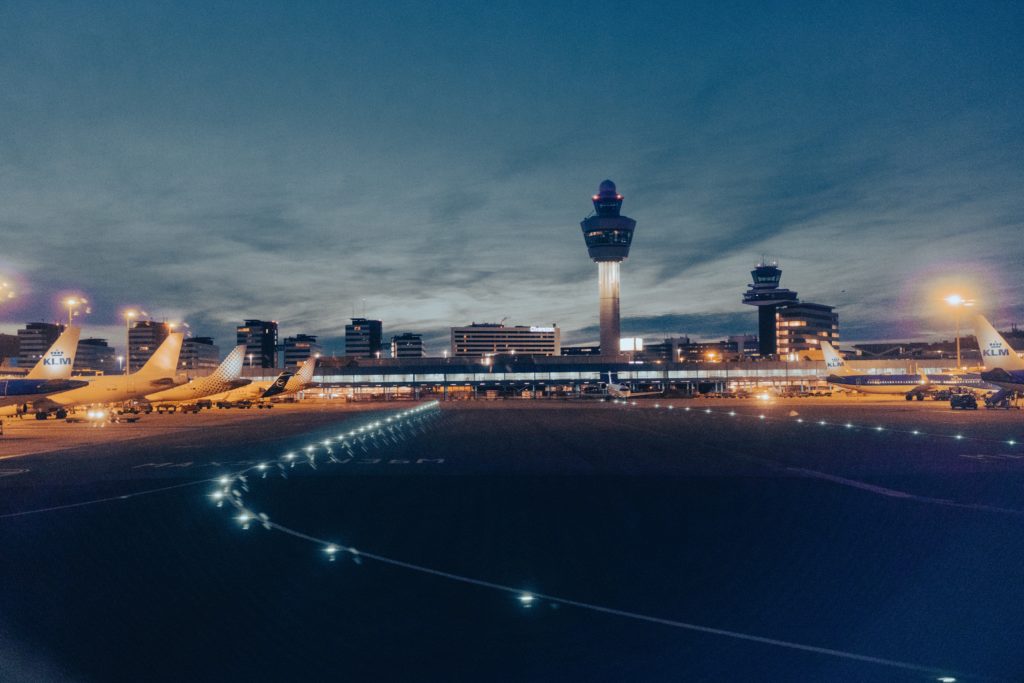
Photo: Amsterdam Schiphol Airport. Courtesy of Rita Candeias / Unsplash
The ban on night flights will also help to limit “the number of people experiencing noise nuisance,” with the airport claiming that a blanket ban on aircraft arriving and taking off at night would result in around 10,000 fewer flights at the airport each year.
However, this new regulation might prove troublesome for international carriers flying into Amsterdam from North and South America. During certain times of the year, when jetstreams are stronger across the Atlantic, flight times can be cut by as much as 30 percent. For example, in 2020, a British Airways Boeing 747 reached a ground speed of 800 miles per hour thanks to the high tailwinds, crossing the Atlantic en route from New York to London in 4 hours, 56 minutes, beating the previous 2018 record set by Norwegian, which clocked 5 hours, 13 minutes on the same route. Consequently, should the night curfew be installed, airlines must accommodate their schedules to avoid landing before the 5 a.m. limit in Amsterdam.
No More New Runways
The airport’s statement also confirmed that it’s abandoning its plans for an additional runway, named the Kaagbaan Runway. Instead, it has asked the Dutch government to revoke its reservation for the land needed to build it.
“Schiphol connects the Netherlands with the rest of the world,” said Ruud Sondag, CEO of Royal Schiphol Group. “The only way forward is to become quieter and cleaner more rapidly. We have thought about growth but too little about its impact for too long. We need to be sustainable for our employees, the local environment and the world.”
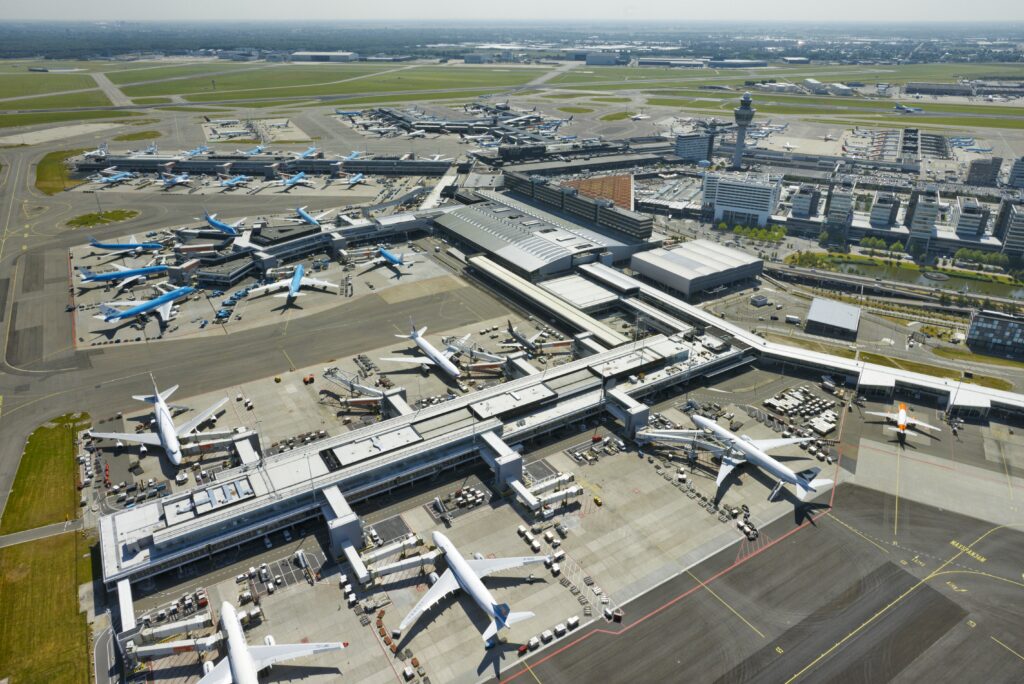
Photo: Courtesy of Amsterdam-Schiphol. Airport
Sondag added, “I realize that our choices may have significant implications for the aviation industry, but they are necessary. This shows we mean business. It is the only way, based on concrete measures, to regain the trust of employees, passengers, neighbors, politics and society.”
The recent proposals follow a recent announcement that the Dutch government plans to cut the number of flights at Amsterdam Schiphol from 500,000 to 460,000 per year to cut carbon emissions. However, this decision is being challenged by several airlines headed by Dutch flag carrier KLM – the dominant airline at Amsterdam Schiphol.
KLM, the Netherlands’ Flag Carrier, Expresses Disappointment
KLM also responded to the airport’s latest proposals to ban private jets and night flights, suggesting disappointment that the carrier wasn’t consulted about the plans.
“Like Amsterdam Airport Schiphol, we believe that our operations should be in balance with our surroundings and the climate,” said KLM. “We would prefer to work with the rest of the aviation industry on developing further measures to reduce CO2 emissions and noise pollution.”
The flag carrier of the Netherlands and the airport’s largest operator admitted being “astonished that Schiphol is unilaterally putting forward proposals that will have far-reaching consequences for airlines, without involving the industry parties in this process.”
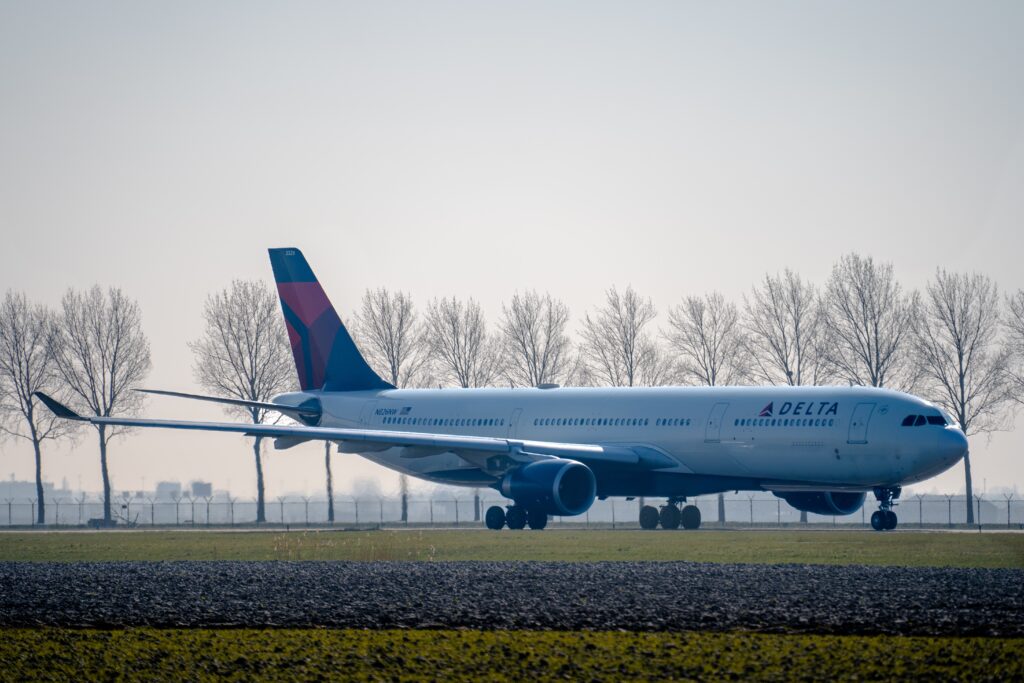
Photo: Delta Air Lines, Airbus A330-300 at Amsterdam Schiphol. Courtesy of Aron Marinelli / Unsplash
Instead, the airline states, “Only through a collaborative, sector-wide approach can the aviation industry achieve a balance between its surroundings and the climate. It should be noted that Amsterdam Airport Schiphol itself plays a vital role in this respect, for example, in terms of ethical and sustainable employment practices and working conditions at the airport.”
KLM states a rebuttal will be submitted to the Ministry of Infrastructure and Water Management by June 15 with the airline’s largest partner, Delta Air Lines.
